The price paid for intellectual pacification is the sacrifice of the entire moral courage of the human mind
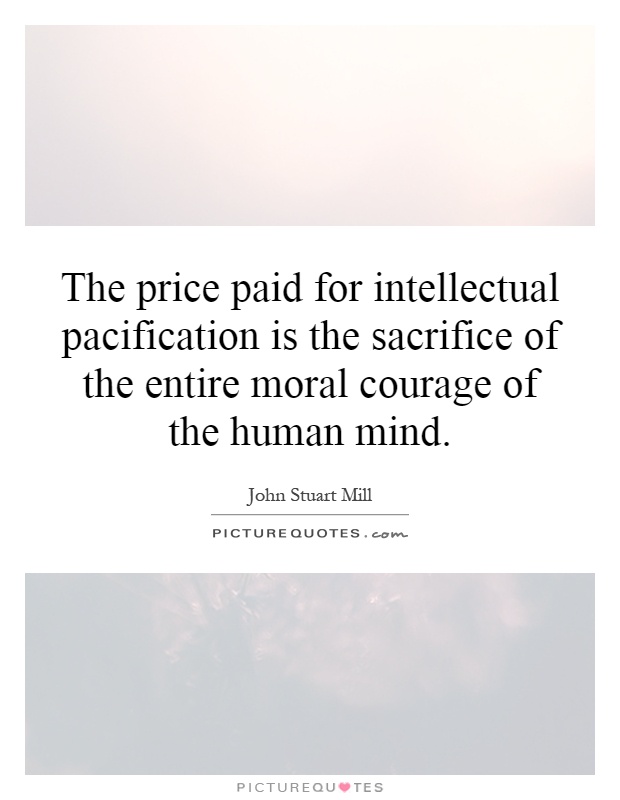
The price paid for intellectual pacification is the sacrifice of the entire moral courage of the human mind
John Stuart Mill, a prominent 19th-century philosopher and political economist, was a staunch advocate for individual liberty and freedom of thought. He believed that intellectual pacification, or the act of suppressing one's own thoughts and opinions in order to conform to societal norms or avoid conflict, came at a great cost. In his seminal work, "On Liberty," Mill argued that the price paid for intellectual pacification was the sacrifice of the entire moral courage of the human mind.Mill believed that true intellectual and moral progress could only be achieved through the free exchange of ideas and the open discussion of differing viewpoints. He argued that when individuals suppress their own thoughts and opinions in order to avoid controversy or conflict, they not only stifle their own intellectual growth but also contribute to the stagnation of society as a whole. In Mill's view, intellectual pacification was a form of self-censorship that prevented individuals from fully engaging with the world around them and developing their own moral compass.
Mill believed that moral courage was essential for the advancement of society and the protection of individual rights. He argued that without the willingness to challenge prevailing beliefs and question authority, individuals would be unable to resist tyranny and oppression. By sacrificing their moral courage in favor of intellectual pacification, individuals were effectively surrendering their ability to think critically and act independently.
Mill's ideas on intellectual pacification are particularly relevant in today's society, where social media and echo chambers can often discourage individuals from engaging with opposing viewpoints. In an age where conformity and groupthink are increasingly prevalent, Mill's call for moral courage and intellectual independence is more important than ever. By embracing diversity of thought and encouraging open dialogue, individuals can cultivate the moral courage needed to challenge injustice and promote positive change in the world.
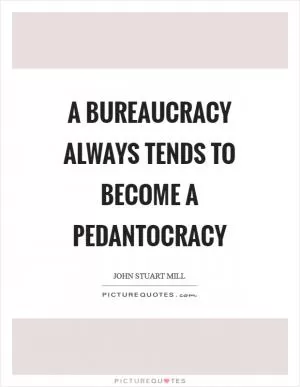






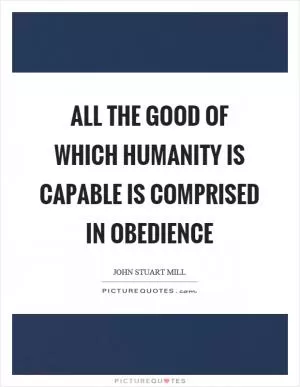


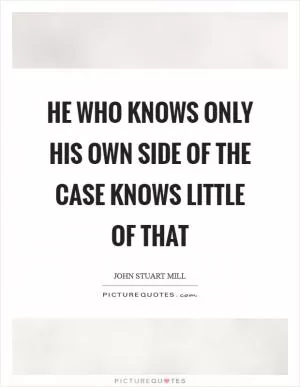
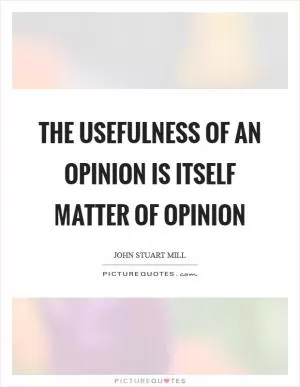
 Friendship Quotes
Friendship Quotes Love Quotes
Love Quotes Life Quotes
Life Quotes Funny Quotes
Funny Quotes Motivational Quotes
Motivational Quotes Inspirational Quotes
Inspirational Quotes